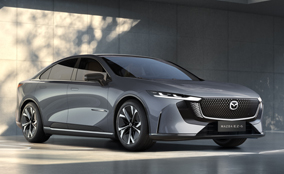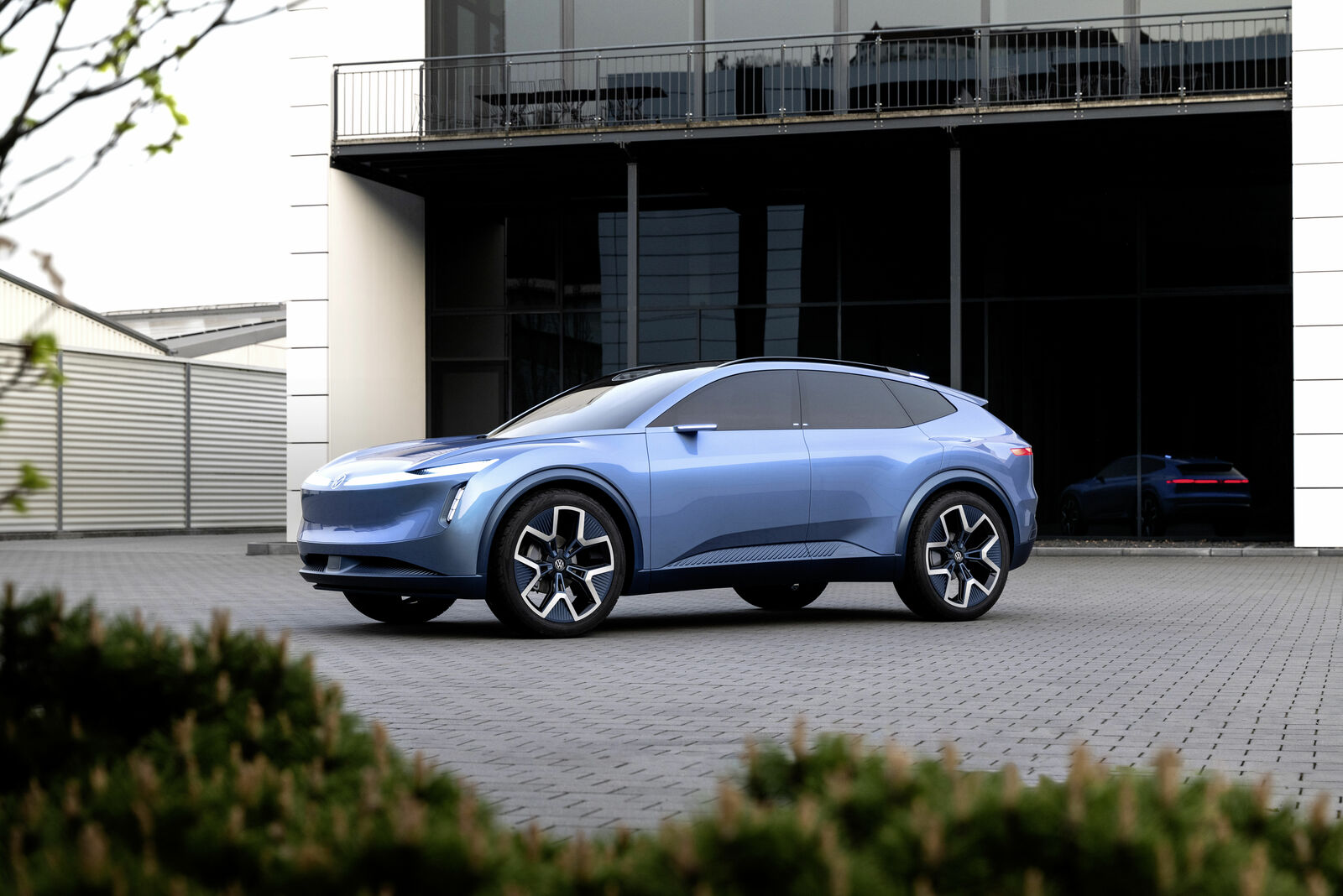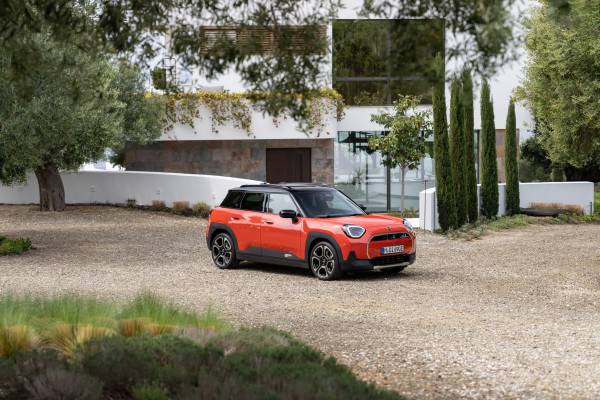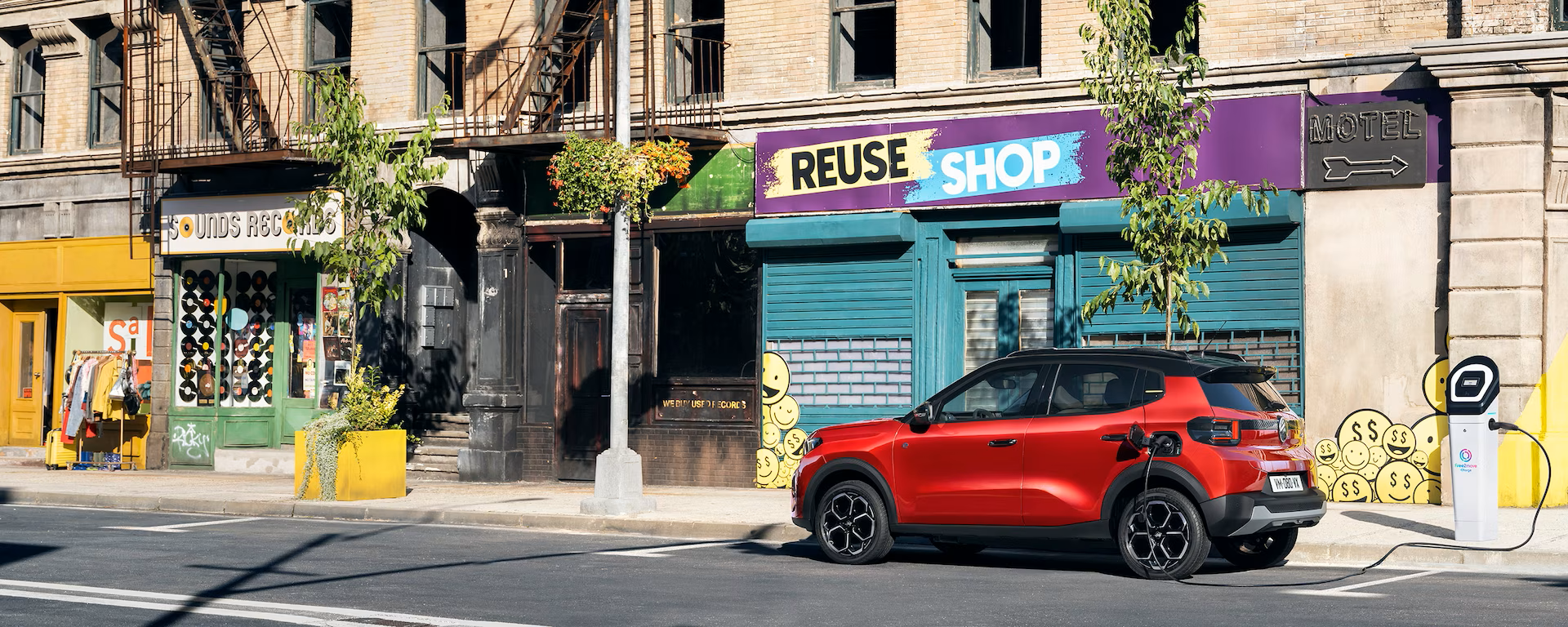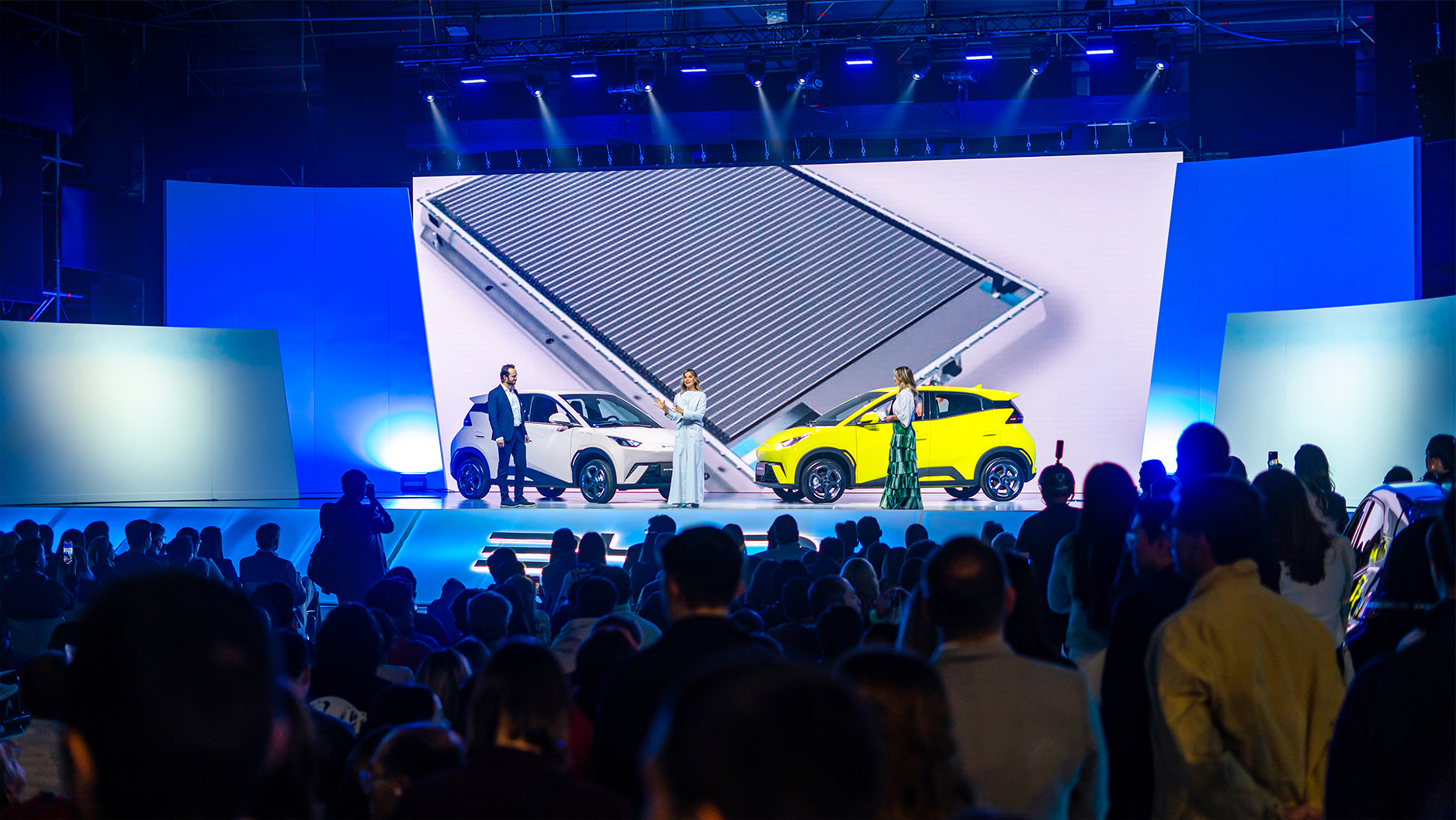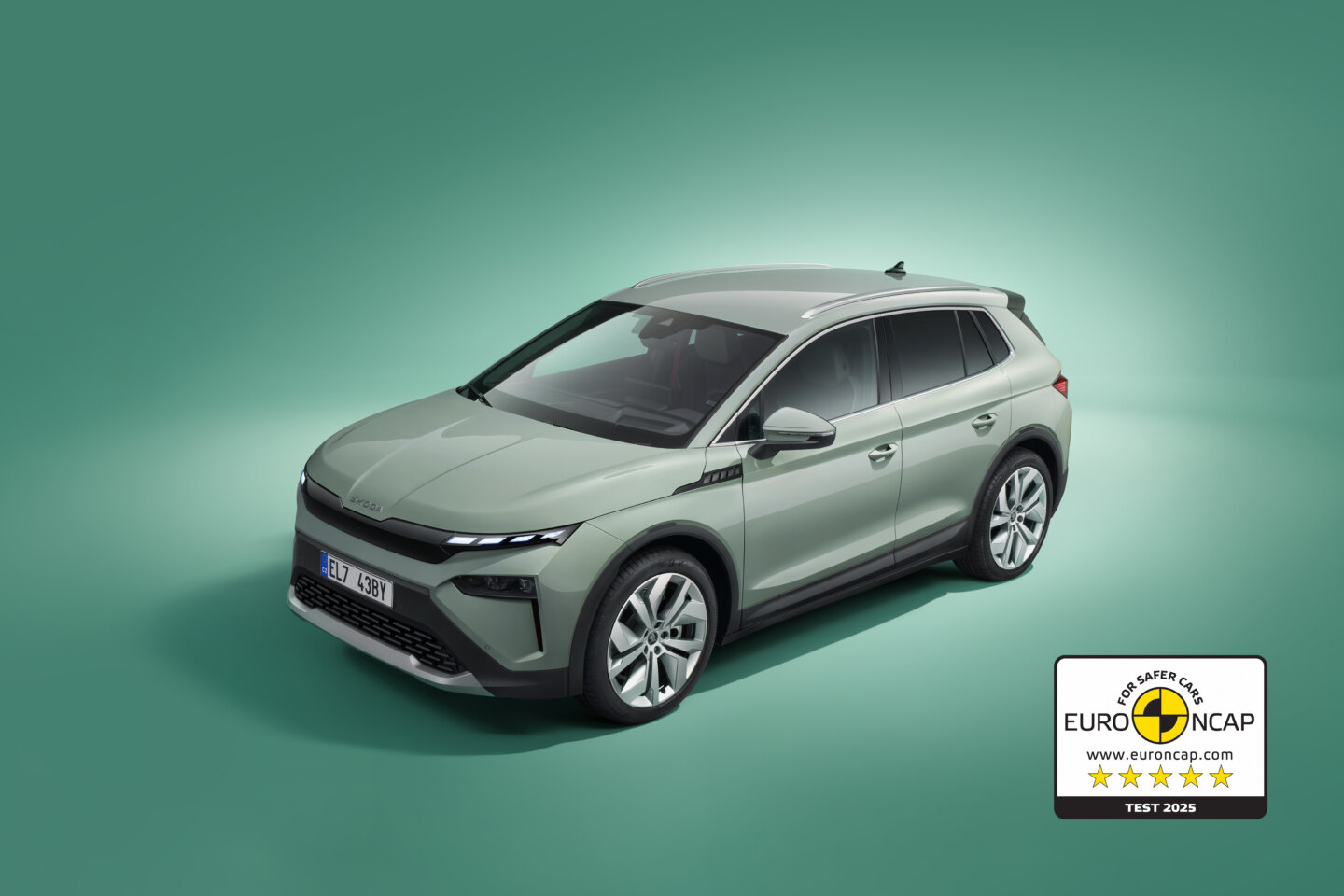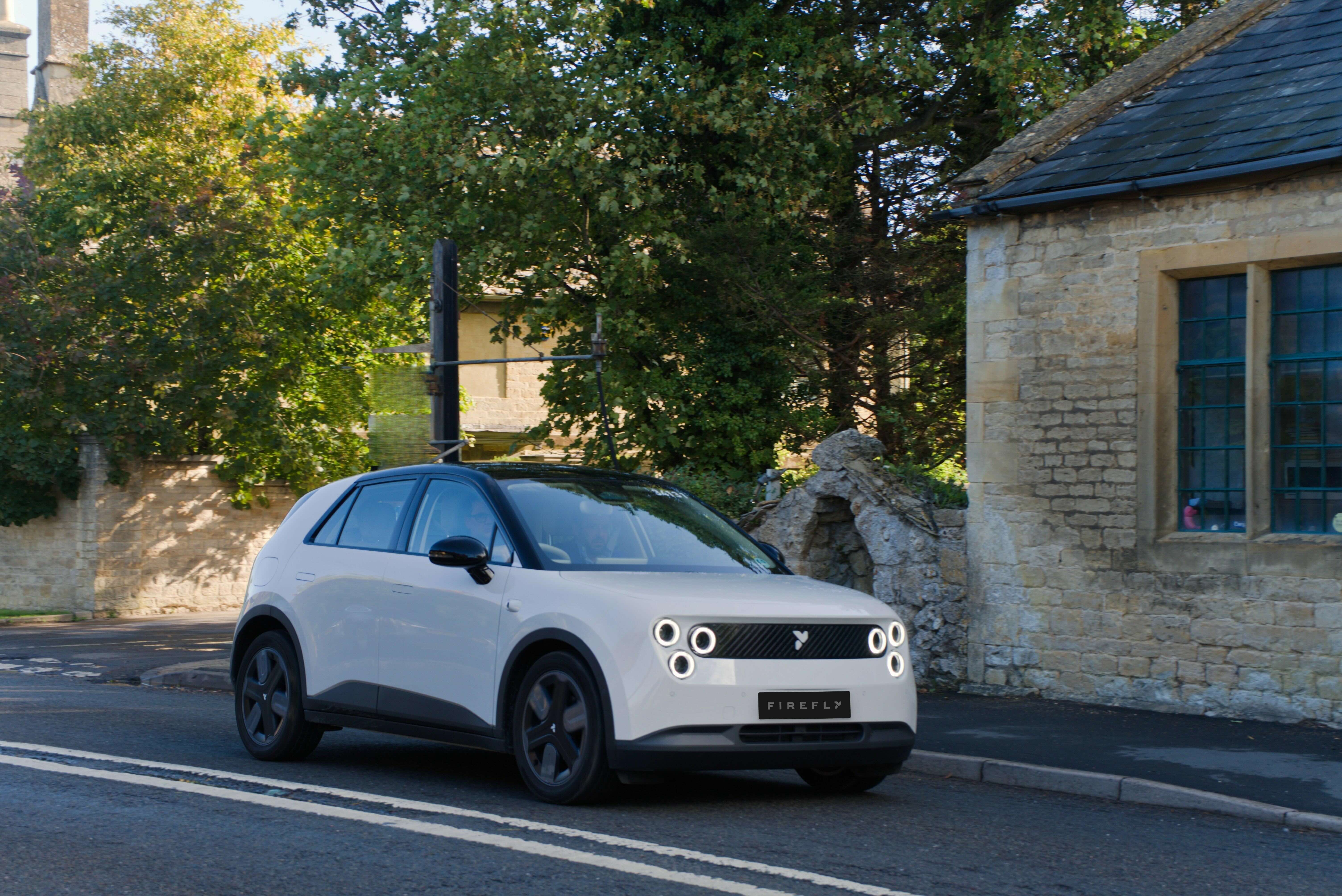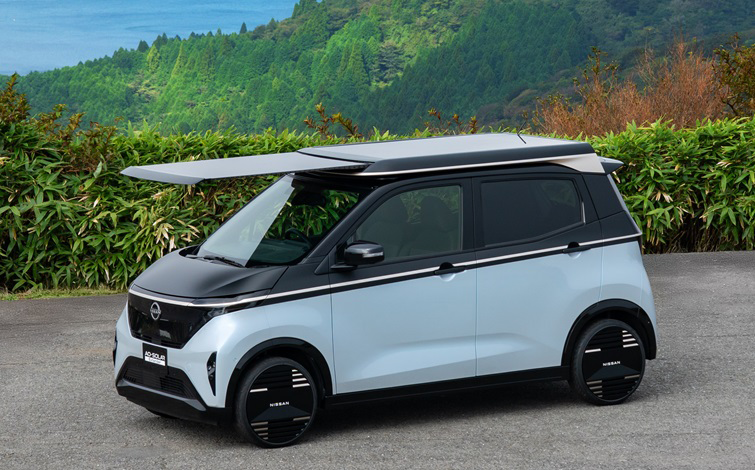
Toyota Motor Corporation (Toyota) is exhibiting at the 2024 Beijing International Automotive Exhibition* to showcase its efforts in China, centered around intelligence, electrification, and diversification, as part of the transformation into a mobility company. The exhibit also highlights the company’s creation of new value through products and services tailored to customer needs.
The Mazda EZ-6, unveiled today, is the first of a series of new electrified vehicles (new energy vehicles) developed and manufactured by Changan Mazda in cooperation with Mazda and Chongqing Changan Automobile Co., Ltd. (Changan Automobile), and will be launched in China by the end of 2024. In addition, the concept model Mazda 創 Arata, unveiled at the same time, is scheduled to be mass-produced as the second new electrified vehicle by the end of 2025 and introduced in the Chinese market. In China, where electrification is rapidly advancing, Mazda will expand its lineup of electrified products so that more customers can choose them.
XPENG also announced its near-term plans including the comprehensive upgrade to its 800kW ultra-fast charging facilities in Q3 2024 that will make XPENG Smart EVs to achieve industry-leading charging speed of adding more than 1 km per second, optimizing charging efficiency for XPENG owners and further mitigating range anxiety.
Stella Li, vice president at BYD just confirmed that the BYD Seagull made for the European market will come next year:
Yes, we plan to bring the Seagull to Europe next year. But it’s not the Chinese-market Seagull, it will be a European-market Seagull; a new Seagull. You haven’t seen it yet; even myself, I have not seen it yet.
The BYD Seagull is already enjoying great success in South America, particularly in Brazil, where it is called BYD Dolphin Mini and the Chinese manufacturer has already confirmed that a 5-seater version is coming.
The ID. family will grow to a total of 16 models by 2030. This includes five EVs from the new ID.UX sub-brand that will celebrate their market debut by 2027. Volkswagen is also introducing electric versions of its ICE models step-by-step and expanding its portfolio in China with new, highly-efficient plug-in hybrids with an electric range of over 100 kilometers. Twelve new ICE models and six hybrids will debut by 2030. In addition, Volkswagen is complementing the proven MQB and MEB vehicle architectures by adding local platforms in China – for example, through partnerships such as the cooperation with XPENG. Furthermore, Hefei-based Volkswagen China Technology Company (VCTC) is developing the Group’s first electric platform specifically for China. At least four additional models for the electric entry-level segment are to be built on the China Main Plattform (CMP) from 2026. Multiple platforms enable Volkswagen to offer its customers the right products in all relevant segments and to meet all needs.
With an energy content of 42.5 kWh, the battery of the MINI Aceman E achieves a range of 310 kilometres in the WLTP test cycle. The high-voltage battery of the MINI Aceman SE has an energy content of 54.2 kWh, giving it a range of 406 kilometres according to the WLTP.
Range Rover Electric will lead the way for electric propulsion capability, refinement and luxury travel, with the first vehicle prototypes now deployed at some of the world’s most challenging test locations. The all-electric drivetrain is now being put through its paces at extremes of temperatures, from -40°C in the Arctic Circle, to +50°C in the searing deserts of the Middle East.
The next generation Grandland represents a major step for Opel in making electro-mobility even more appealing. It is the first Opel to benefit from the Stellantis STLA Medium BEV-native platform. Thanks to the new architecture, the new flat battery packaging with up to 98 kWh, the new generation electric motor and energy-saving features such as the heat pump, the new Grandland Electric will be able to deliver a locally emissions-free WLTP1 electric range of up to around 700 kilometres. Elsewhere, short pit-stops for recharging are also guaranteed. At a public fast charging station, it only takes around 26 minutes to recharge to 80 per cent of the battery capacity.
The award recognises excellence in design based on four basic principles of good design: the quality of function, the quality of seduction, the quality of use, and the quality of responsibility. The jury of 39 experts from all over the world selected the EX30 as the winner in a competitive field with a total score of 93/100.
The specific electrical key data of the all-new Citroën ë-C3 received particular praise in the report: the lithium-ion phosphate battery supplied by SVOLT has a capacity of 44 kWh. Compared to a conventional lithium-ion battery, it offers greater thermal and chemical stability and can withstand more charging cycles. As a result, the ë-C3 can also be charged at a fast-charging station with up to 100 kW of electricity and its storage capacity can be topped up from 20% to 80% within 26 minutes. There is only time for a quick coffee before the journey can continue.
BYD aims to expand its sales network to 20 locations in Colombia this year and has already introduced nine models of pure electric and plug-in hybrid vehicles. Looking forward, the company intends to enhance its product lineup, bolster its marketing network, and drive the shift toward electrification in Colombia’s transportation sector.
In case you haven’t noticed, we can already buy sodium-ion (Na-ion) batteries.
For example, with a simple search on AliExpress we can already find sodium-ion battery cells in cylindrical and prismatic formats for consumer use.
Depending on the manufacturer, the advertised cycle life varies between 1.500 and 4.000 cycles, while energy density stays between 125 and 140 Wh/kg.
However, since the mass production of this battery chemistry is extremely recent, production efficiency (mainly yield rate) and capacity are still low, so you can get much better deals on LFP (LiFePO4) batteries for now…


